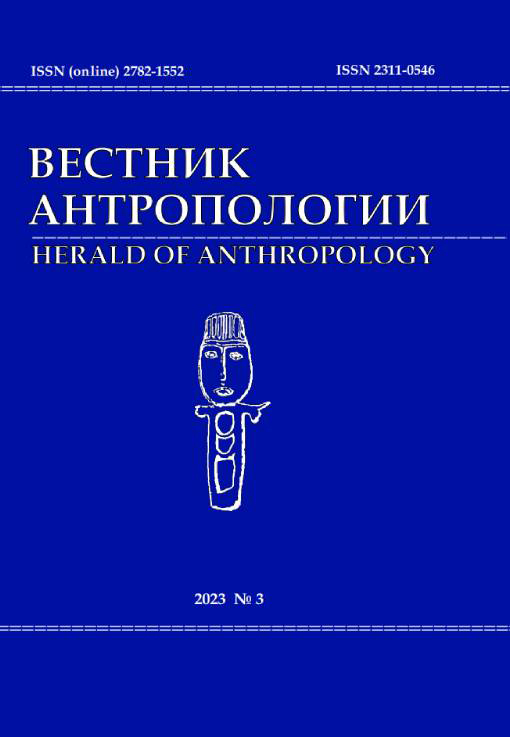The Sagra in Italy: Modern Economic and Social Aspects of the Medieval Tradition
DOI: 10.33876/2311-0546/2023-3/144-164
Keywords:
Italy, trade, historical traditions, sagra, local alimentary culture, social contacts, tourism development, new economic strategiesAbstract
This article is devoted to sagra (pl. sagre) – a historical phenomenon, poorly studied in scientific terms, but very popular in Italy. Sagre are short trade festivals – the "descendants" of the ancient Roman ones, dedicated to the deities associated with fertility rites. Christianity turned these festivals into parochial celebrations in honor of the local patron saint and today they mainly serve to promote and sell one specific, historically produced in this area "monoproduct" – raw food or cooked products. Unlike purely commercial structures like shops or markets, sagra is a complex event: while being full-fledged commercial initiative, it conserves the traditions of a holiday associated with a festival and a cultural program (manifestation of local folklore, performance of musicians, etc.) and involves a large–scale feast. The article discusses various aspects of sagre: their traditional components, the factors of their viability and rise, the struggle for its "purity", the reasons for its popularity, and unusual forms of these events.





















